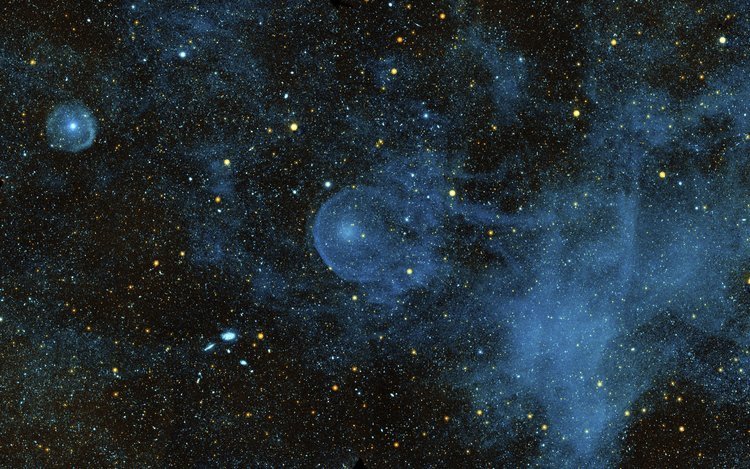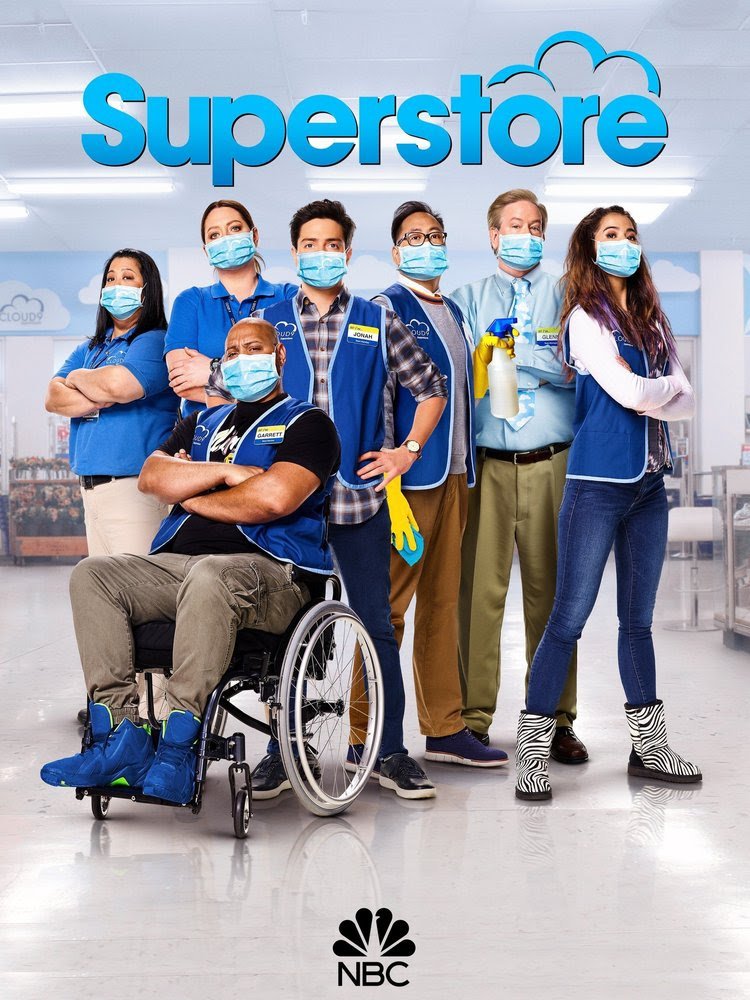Cold Water Immersion & Dopamine - Issue 37 - 27th November 2022
On the subject of sacrificing modernity, the majority of us thankfully have theluxury of hot showers and warm houses. However, it has been proven that sacrificing this form of modernity is beneficial. The Dutch Iceman Wim Hof is the shining example of what benefits cold immersion can have. This is another way in which travelling back to the time of our hunter-gatherer ancestors is a wise route. Our ancestors lacked warm showers and baths but what if that was a benefit rather than a hindrance? Hof advocates for cold immersion as it has been proven to hold many benefits including the speeding up of metabolism, inflammation reduction, muscle recovery, improved sleep quality and improved immune response (1). Furthermore, it seems that cold-water immersion has profound effects psychologically. An experiment was carried out at Charles University in Prague in which ten male volunteers submerged themselves (head out) in cold water (14 Degrees Celsius) for one hour. The results from blood samples portrayed that plasma (blood) dopamine concentration levels had increased 250% and plasma norepinephrine (noradrenaline) concentration levels had increased 530% (2,3). Dopamine is the manner in which scientists measure the addictive potential of any experience, the more dopamine released, the more addictive potential thebehaviour or drug has (2). It has been shown that research participants who experienced feelings of pleasure when dopamine was turned on went to great lengths to trigger the activation of the brain cells producing dopamine (3). Whilst many call dopamine the pleasure molecule, it is more aptly described as the anticipation and surprise molecule. What researchers have found is that continually providing pleasure to participants or animals does not consistently increase dopamine. In fact, after a while, the dopamine activity in the brain shuts down (3). So instead of dopamine being released in response to a pleasurable stimuli, it actually increases in response to the anticipation of a pleasurable stimuli or to the surprise and novelty of a pleasurable stimuli. When we are motivated to carry out an activity, we are searching for our next dopamine hit. We feel motivated to be productive when we experience dopamine release in response to healthy stimuli or behaviours such as exercise and creative pursuits. However, unhealthy motivation comes in the form of yearning for an extremely pleasurable experience without much work such as social media, pornography, fast food, smoking and drugs like cocaine and heroin. So if we travel back in time to replicate our hunter-gatherer ancestors who had the exact same brains that we have now, we would receive dopamine from hunting down a food source, building shelter and finding a water source which all require work, motivation and anticipation. However, put these same brains into our modern world of comfort and pleasure and we eliminate thework and increase the highly dopaminergic stimuli. We must therefore programme our brains to release dopamine in response to productive and healthy stimuli and become more aware of the activities and experiences that greatly increase dopamine without the work.
Put these same brains into our modern world of comfort and pleasure and we eliminate the work and increase the highly dopaminergic stimuli
Returning to the cold-water immersion experiment. Perhaps more interesting than the increase of dopamine levels was the course the dopamine took. It gradually and steadily rose over the course of the cold-immersion and remained elevated for an hour afterwards. The norepinephrine rose sharply during the first half an hour, remained high for another thirty minutes then dropped by a third afterwards, however it stayed elevated considerably above baseline into the second hour following the cold-water immersion (2,3). This explains why many who partake in cold water showers and ice baths describe the experience as great for hours after the struggle of the cold water. To put these results into perspective, first it would be useful to see how much other drugs and behaviours increase dopamine levels.
“For a rat in a box, chocolate increases the basal output of dopamine in thebrain by 55 percent, sex by 100 percent, nicotine by 150 percent, and cocaine by 225 percent. Amphetamine, the active ingredient in the street drugs “speed,” “ice,” “shabu” as well as in medications like Adderall that are used to treat attention deficit disorder, increase the release of dopamine by 1,000 percent.” (2)
Whilst these percentage increases are significant, it’s worth noting that these levels quickly drop after the drug or behavior has been carried out, hence why many people keep going back for more, leading to addiction. During the run-up towards eating a piece of chocolate our brains release dopamine as a form of motivation to eat the sugary food, the chocolate itself then increases dopamine by around 55 percent but then what happens afterwards is crucial to comprehend. The dopamine then drops below normal baseline towards pain. This is our hunter-gatherer brain urging us to eat more in order to survive but as we can see in our societies of over-abundance, this has the potential to lead towards addictions and serious health issues. The same can be observed with regards to more potent drugs such as nicotine and cocaine. The initial consumption increases dopamine followed by a dopamine deficit followed by an urge to use again to numb the pain. This describes how addictions are formed. The initial consumption of a drug or behavior increases dopamine levels significantly due to it’s novelty and dopamine release however as consumption continues the dopamine increase lessens leading towards theconsumption of the drug being not for feeling good but for numbing the pain felt following consumption.
To put this into perspective with regards to cold-water immersion. Ice baths have the potential to increase dopamine levels more so than cocaine, however the drop-off does not occur until an hour after the initial immersion, but more importantly it does not drop-off suddenly and sharply meaning we hold onto that pleasure for longer making cold-water immersion a much healthier way to boost dopamine levels, increase motivation and improve productivity throughout the day.
Keep On Struggling
Gregor
Author I’m Researching - Dr Gabor Maté
“A renowned speaker, and bestselling author, Dr. Gabor Maté is highly sought after for his expertise on a range of topics including addiction, stress and childhood development” (7). I first came across Maté on podcasts such as TheJoe Rogan Experience, The Diary of a CEO and The Tim Ferriss Show and have since began reading further into his theories and ideas regarding trauma, addiction and society. This has led to some fairly profound realisations and introspections regarding my own childhood and life currently, which I believe is only the tip of the iceberg. I’m currently reading his latest book The Myth of Normal which you can buy below.
An Interview I Found Interesting - Matthew Perry on Real Time
This interview took place on Bill Maher’s TV Show Real Time in which Maher sat down with actor, writer and playwright Matthew Perry. Whilst I knew Perry had suffered with alcoholism and addiction, I did not know theextent to the issues he has overcome including a close encounter with death. He discusses this further in his new book Friends, Lovers and The Big Terrible Thing which I will be reading. A quote from the interview which I found meaningful was “reality is an acquired taste.”
Watch the interview below.
TV Show I’m Enjoying - Superstore
“An oddball family of employees at supersized megastore Cloud 9 tackles theday-to-day grind of rabid bargain hunters, riot-causing sales and nap-worthy training sessions” (6). This is a bit of light-hearted fun which I’m enjoying after a long day.
Watch the trailer below or watch the show on Netflix.
Quote to Ponder
Macro patience, micro speed. They should not care about the next eight years, but they should stress the next eight days. At a macro, I think everybody's super impatient. I think I'm unbelievably patient in years and decades, and unbelievably sporadic and hyper every minute on a day-to-day basis. I genuinely think everybody's the reverse. Everybody's making decisions about, like, "What am I going to do at 25? I better do that... » In years, they're impatient and making dumb decisions, and then in days, they're watching fucking Netflix. They're super worried about 25 when they're 22, yet they're drinking every Thursday night at 7 P.M. They're playing Madden. They're fucking watching House of Cards. They're spending four and a half hours on their Instagram feed every single day. This is super important. Everybody's impatient at a macro, and just so patient at a micro, wasting your days worrying about years. I'm not worried about my years, because I'm squeezing thefuck out of my seconds, let alone my days. It's going to work out - Gary Vanyerchuck
References
1) Hof, W. (2022) What are the benefits of Cold therapy?, Wim Hof Method. Wim Hof Method. Available at: https://www.wimhofmethod.com/cold-therapy.
2) Lembke, A. (2021) Dopamine nation. Penguin Random House.
3) Lieberman, D.Z. and Long, M.E. (2019) The Molecule of More: How a single chemical in your brain drives love, sex, and creativity-and will determine the fate of the human race. Dallas, TX: BenBella Books, Inc.
4) Wim Hof Image - Global Viewpoint
5) Gabor Maté Image - Matej Stransky
6) Bill Maher & Superstore Image/Quote - Rotten Tomatoes





